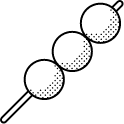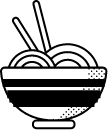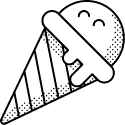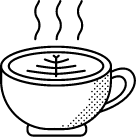
Tasting Room > Business, Management, Admin Table > Russell Tagawa
Interview conducted in May 2021
Appetizers
Starting with some basics.
Job Title + Years of Experience
Business Analyst, 2 years
Areas of Expertise
Management consulting
Company + Industry
Deloitte Consulting, Strategy & Operations
Education
UC Berkeley Haas School of Business, Bachelor’s of Science in Business Administration
Fun Starters
Getting to know the human side.
Favorite dessert?
NY Cheesecake
Favorite book or movie?
Indiana Jones and the Raiders of the Lost Ark
Myers-Briggs personality type
ENTJ
What do you like to do for fun?
Skiing, golfing, reading (+audiobooks), and watching soccer and Formula 1
What's one thing you recommend doing in your city, San Francisco, California?
Visiting a historic speakeasy in San Francisco is an absolute must!
Main Course
A quick deep dive into the day-to-day job.
Tell us about yourself and your job.
My name is Russell Tagawa and I am a second-year Business Analyst at Deloitte Consulting’s Strategy & Operations practice. As a management consultant, I strive to bring value to clients, using qualitative and quantitative analysis to develop strategic plans as well as actionable steps to achieve goals. Consulting makes you “think like a CEO” and encourages you to search for ways for your client to “win.”
How did you end up in your field? What do you like about it?
I was first inspired by my sister, a fellow management consultant, to look into the career. I was fascinated by the mix of strategic thinking and analytical observations that help to drive strategy for a typical business. Consulting allows you to work with a wide variety of industries, teams, and project types over a period of several months. For instance, you could be working on a financial transformation project for a major technology conglomerate, or working on a go-to-market strategy for a small startup.
What does a typical morning look like on the job?
A typical morning includes planning out my schedule for the day, taking note of any immediate action items needed by my team members or emails that need to be responded to. Depending on the project, I may have a daily standup meeting or a one-on-one check-in with my manager. Prior to the COVID-19 era, I would typically reserve a workroom space for my team.
Cool, then what does a typical afternoon look like?
Following a few meetings and a healthy lunch, a typical afternoon usually involves working out any client or team requests. These requests often come in the form of creating slides, building excel models, or creating visualizations to help drive strategic insights for the team. For example, following a meeting with our team, I would work to create a daily status update that would incorporate all of our project’s progress that we would then deliver to the client later in the evening.
What types of projects and meetings are you involved in?
Our work is largely project-based, working with a small team (4-6 people, though teams can often be 20+ members in size depending on the scope of the project). A team will sign a Statement of Work (SOW) to a client, who will ask the firm (Deloitte) to essentially help them solve an issue. For example, an SOW for a client could include helping them perform market research and launch a new product over the course of 6 months, and is budgeted for 5 members.
Who do you collaborate with in meetings and projects? Cross-functional teams? What's it like?
Consulting is a career where collaboration is absolutely necessary – though you will at times have independent tasks, you will always be working with others on a daily basis. There will be meetings where you work with your Deloitte team, the client team, a mixture of both, as well as potential off-shore or third-party teams that are highly specialized or requested by the client. Though COVID-19 has deemphasized in-person togetherness, digital collaboration is still crucial to the success of a team.
Dessert
Now for some juicy insights in the tea room.
What's the most challenging thing about your job?
The most challenging part of consulting is the adaptability – unlike many other occupations, consulting doesn’t exactly run on a 9-to-5 pace; you will often be working with international teams, for long hours, and will typically be expected to be on call for extended hours, depending on the difficulty/intensity of the project. It is not uncommon to work 80-90 hour weeks, though never for more than a week or two at a time (an example of this would be during a major corporate event, or a M&A deal going live).
What are some characteristics that can help someone succeed in your role?
Having a positive attitude, patience and being highly personable are the most important characteristics that a new consultant can have. Being someone who others want to work with is crucial – due to the highly collaborative nature of the job, no one wants to work with someone who is off-putting or rude. New consultants are not expected to have an encyclopedic knowledge of strategy or a certain industry, so often times you will have to learn while on the job – patience is key in this regard.
Any advice on how to stand out and get hired for those just starting off?
Consulting is a very competitive industry – typically new hires will come either through undergrad, graduate school, or from another industry after several years of experience. For undergraduate students, I recommend getting involved in consulting or other business-oriented extracurricular organizations, then applying to either a consulting or strategy internship prior to full-time. From then on, it is crucial to master the case interview and sharpen your analytical skills for a full-time job interview.
What's something that surprised you about your job?
I was surprised about the relatively high turnover rate about consulting – it is known as an “up-or-out” career, as in, people will either continue to be promoted or they will leave the firm. This is definitely not something to worry about, however, as everyone’s path through consulting is unique, and the industry actually opens up many amazing opportunities for people to find success in other fields.
Any last thoughts, advice, or recommendations for someone who wants to do what you do?
Consulting is a very competitive yet rewarding industry, with plenty of fantastic opportunities to learn. I recommend for those interested to fully research the different firms and what they offer to find the best fit for you. Finally, regardless of what career you end up choosing, I always recommend to take a personal finance class or read books about improving your financial literacy.



